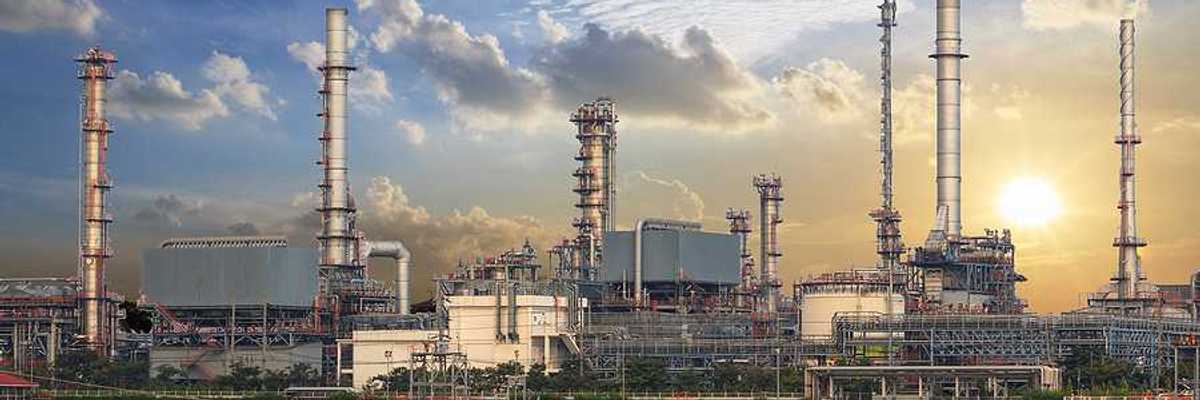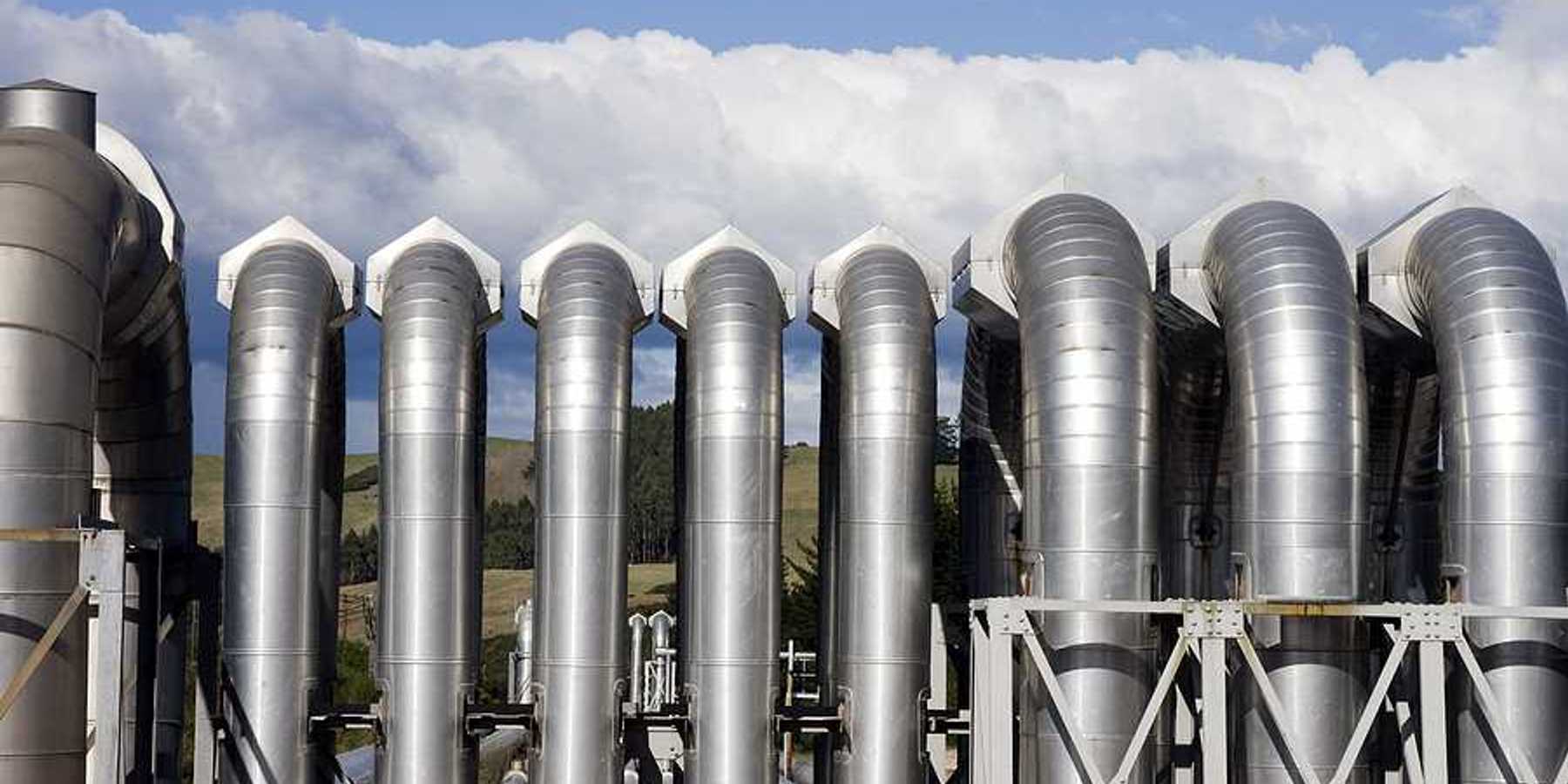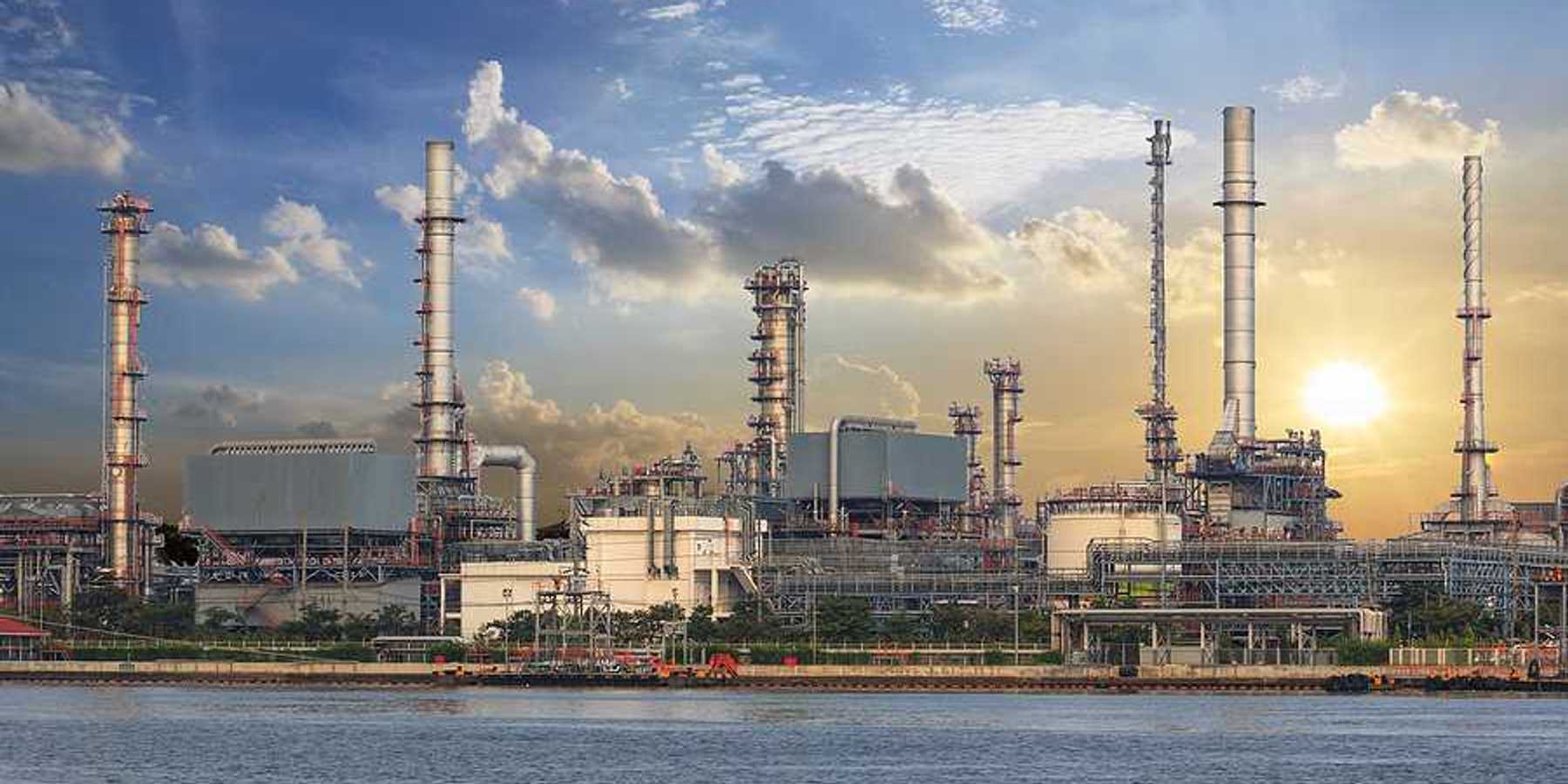efficiency
Biden's plan may make new homes greener and pricier
The Biden administration is planning to enforce stricter energy efficiency standards for new homes, aiming to reduce greenhouse gas emissions and lower energy costs.
In short:
- New federal policy may require most new homes to include efficient heating and cooling systems, aligning with the latest international energy standards.
- The change could add approximately $7,200 to the cost of a new home, but potentially save homeowners $1,000 annually in energy bills.
- Homebuilders argue that the policy will further increase housing costs and deter potential buyers already challenged by high interest rates.
Key quote:
“This policy could save homeowners thousands on energy bills while significantly cutting down pollution.”
— Thomas Frank, Reporter.
Why this matters:
Implementing stricter energy codes in new homes can significantly cut the nation’s greenhouse gas emissions. Despite increasing upfront costs, long-term energy savings and environmental benefits are substantial.
New energy efficiency standards announced for home appliances
The Biden administration has introduced stricter energy-efficiency standards for residential water heaters and other common appliances to cut energy use and greenhouse gas emissions.
In short:
- The Department of Energy projects these new regulations will save U.S. households approximately $1 trillion over 30 years.
- The standards, which include updates to water heaters and dishwashers, are estimated to reduce emissions equivalent to removing 18 million cars from the road.
- Despite potential short-term cost increases, the changes aim to lower annual utility costs for families and decrease environmental impact.
Key quote:
“Most of these standards haven’t been updated for more than a decade."
— Andrew deLaski, executive director of the Appliance Standards Awareness Project
Why this matters:
Energy-efficient appliances can help reduce household energy consumption, which accounts for a significant portion of the U.S. energy use and related greenhouse gas emissions. Improved standards support environmental health and offer economic benefits to consumers through energy savings.
Builders resist stricter energy codes for new homes
In a clash over climate and affordability, home builders are lobbying against stricter energy efficiency standards for new houses, citing cost concerns.
In short:
- Home builders in various states, including North Carolina and Michigan, are opposing new energy efficiency building codes, arguing they increase housing costs.
- The industry claims these codes add significantly to construction costs, though federal studies suggest a much lower impact.
- Climate advocates and some builders counter that energy-efficient homes offer long-term savings and environmental benefits.
Key quote:
"The notion that building this way is too expensive or too complicated … I just don’t buy any of that."
— Rob Howard, green builder
Why this matters:
This resistance to energy-efficient building practices is significant as it hinders progress in reducing greenhouse gas emissions from homes, which account for a significant portion of U.S. emissions. The debate underscores the challenge of balancing economic interests with urgent environmental needs.
Op-ed: When a home is not a sanctuary but a sickening, expensive trap.
New efficiency standards for gas stoves emerge amid political heat
In a move ending months of political debate, the Biden administration introduced modest efficiency standards for gas stoves.
In short:
- The new rule targets a small fraction of gas stoves, aiming to improve efficiency without a full ban.
- Both Republicans and Democrats claim victory; the rule is less extensive than initially proposed.
- The regulation is part of broader efforts to transition the U.S. toward a clean energy economy.
Key quote:
Republicans “shamelessly employed baseless scare tactics on this issue to distract from the reality that they have no solutions of their own for lowering energy costs or reducing emissions.”
— Democratic Rep. Frank Pallone of New Jersey
Why this matters:
This development is crucial in the context of national energy policy and climate change debates. It represents a balanced approach to improving energy efficiency and reducing emissions, without significantly disrupting consumer choices or market dynamics.
Want more context on clean cooking? Be sure to read: Want more clean energy? Focus on people, not technology
FEMA to cover costs of energy resilient post-disaster projects
Biden to set efficiency standards for gas stoves amid GOP backlash
3 tips for warming your home that can save energy and help the planet
While major energy savings will come from plugging air leaks, improving insulation and upgrading outdated HVAC systems, there are additional steps you can take to ward off the chill.









